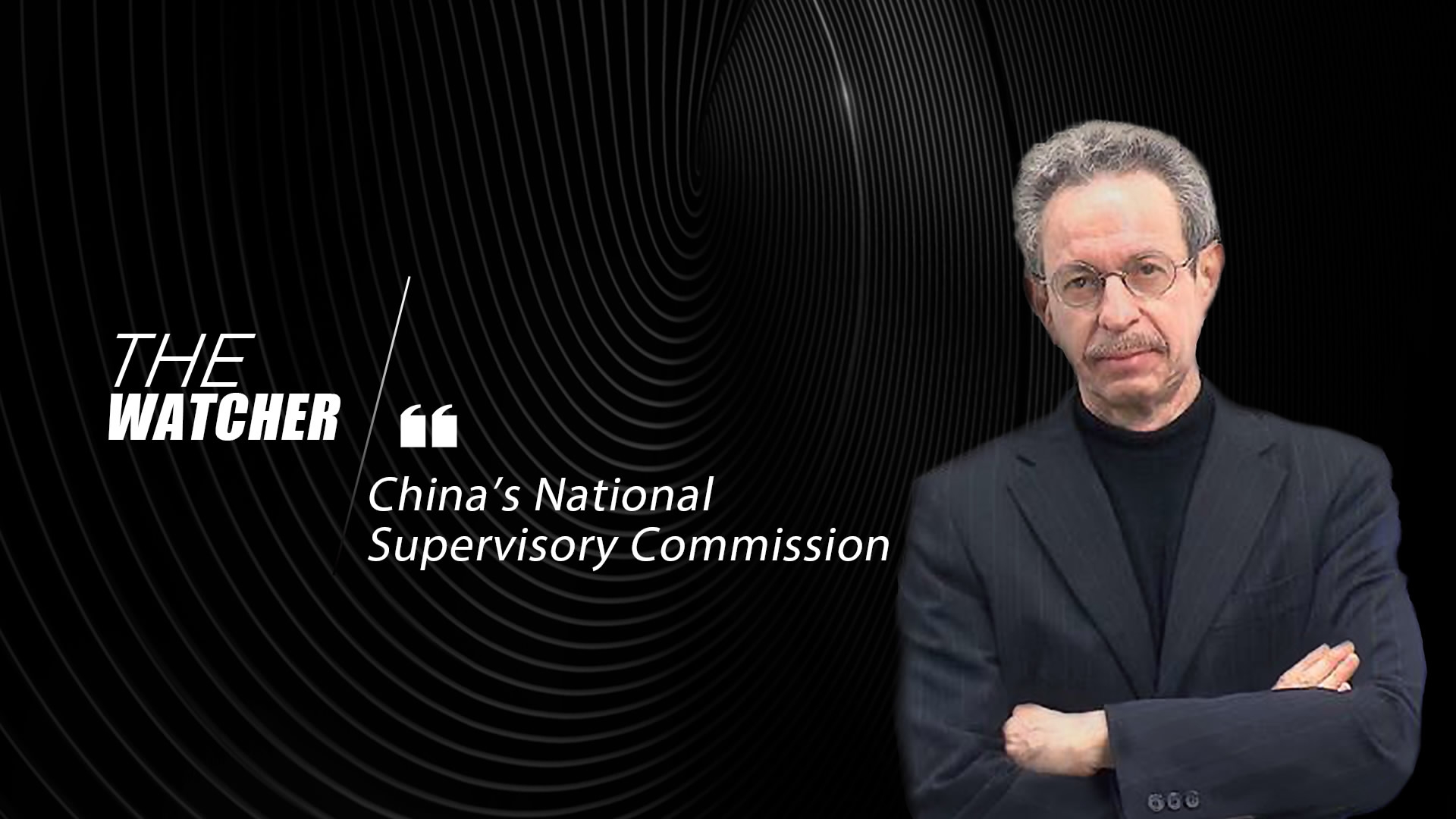
Opinions
22:43, 12-Mar-2018
The Watcher: China’s National Supervisory Commission
Robert L. Kuhn

I’m Robert Lawrence Kuhn and here’s what I’m watching - China’s National Supervision Commission (NSC), the just-established, high-level, anti-corruption and supervision organ of the State with broad jurisdictions and powers.
The NSC absorbs the Party’s anti-graft agency, the Central Commission for Disciplinary Inspection, which has had unprecedented success – prosecutions of more than 120 officials at the ministerial level and above over the past five years.
The new NSC now extends the CCDI’s purview from the Party to the entirety of the State, the government at all levels, and indeed to all of society, including state-owned enterprises, banks, universities, academies, hospitals, and the like.
Now no agency or organization is sacrosanct or immune. The NSC unifies the anti-graft work of other state organs, amalgamating and streamlining the system within a single entity.
It is structured at all levels of government, but lower levels report up to higher levels within the NSC itself, not to the local government, so it will be free from local pressures and favors.
Furthermore, to reinforce its independence, the NSC personnel will not be permitted to work in government, the courts or the procuratorate, for the rest of their careers.
The NSC will have about 10 percent more personnel than the previous entities had, but it will have 100 percent more areas to cover. Insiders tell me that the greatest challenge the NSC faces is insufficient personnel, both in numbers and training.
Fighting graft is critical for China and the NSC has great support from the general public. There are risks of different kinds, of course, which leaders would be wise to explore and assess.
At its best, the National Supervision Commission could transform Chinese society. Certainly, it is an institution unique to China. What will it accomplish? How will it evolve? I’m keeping Watch. I’m Robert Lawrence Kuhn.
(Dr. Robert Lawrence Kuhn is a CGTN anchor, a public intellectual, international corporate strategist and investment banker.)

SITEMAP
Copyright © 2018 CGTN. Beijing ICP prepared NO.16065310-3
Copyright © 2018 CGTN. Beijing ICP prepared NO.16065310-3